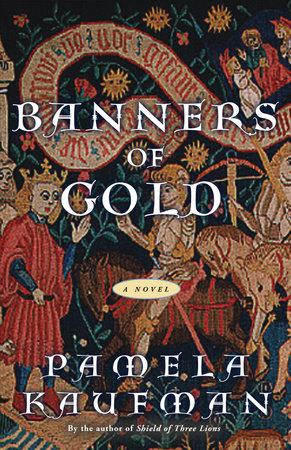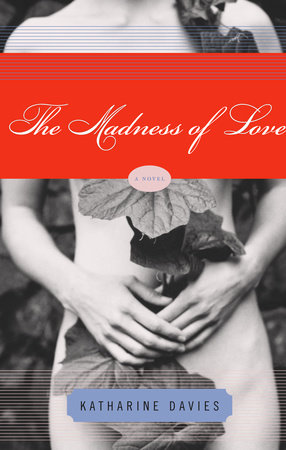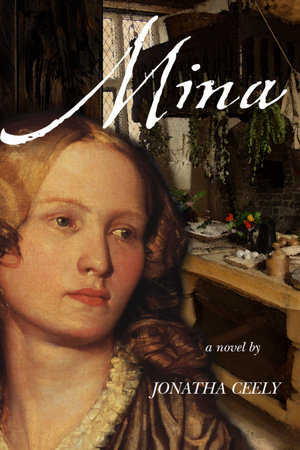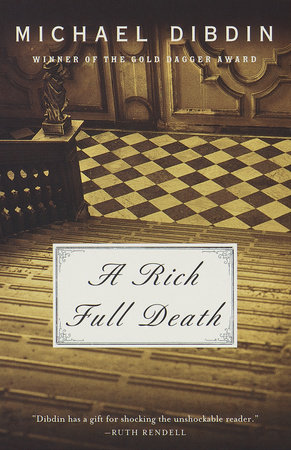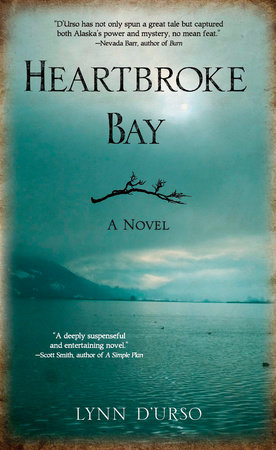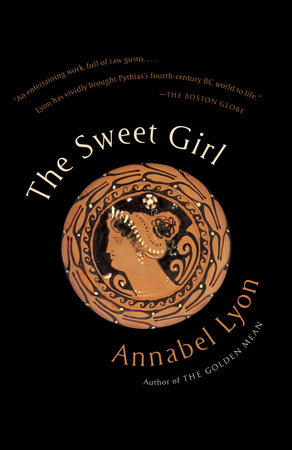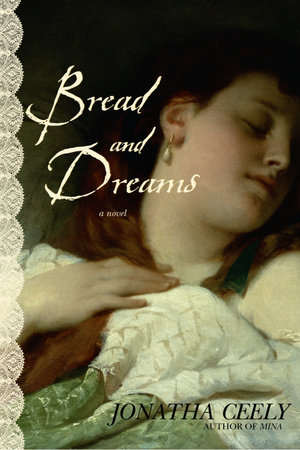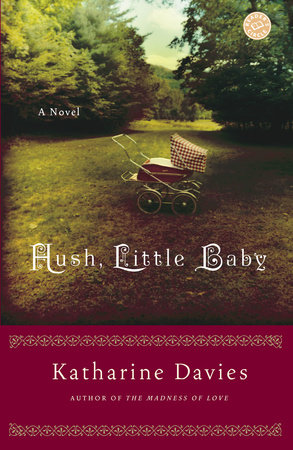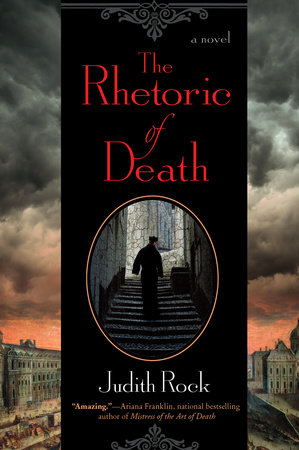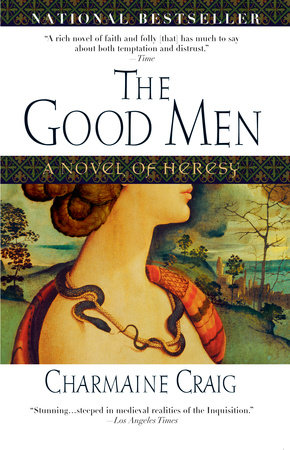When Shield of Three Lions begins, Alix is barely twelve years old and when Banners of Gold finishes, she is still only a teenager. We hear a lot about children growing up quickly these days, but it seems that they grew up even faster in the Middle Ages. Is Alix’s experience as extraordinary as it seems to modern readers?
It may seem extraordinary to us, but Alix’s experience was common for the time. Children could be affianced from birth, and the age of consummation was twelve.
King Richard’s sexuality is a driving force in both novels, and while he intially rejects Alix because she is a woman, they later become passionate lovers. Is this contradictory? Did Richard the Lion Heart have male and female lovers? How was that regarded by his contemporaries?
Richard was probably bisexual. Though the encyclopedia lists him as homosexual, the greatest authority on Richard today, John Gillingham, claims that there is no evidence for this. He did confess to homosexual acts (as I have written) while on Crusade, but during his life he probably concealed such feelings, since the punishment was burning at the stake (this is the origin of the slur “faggot”). We do know that he never consummated his marriage with his queen, Berengaria.
In the character of Bonel, we learn a great deal about the treatment of English Jews in the Middle Ages. Was this type of anti-Semitism common? How did a few men like Bonel rise through society despite their ethnicity?
Yes, anti-Semitism was common in England at that time and became even more so a few years later. Jewish communities were supposedly protected by the kings, though otherwise outside the law. Richard was relatively good to the Jews, but his brother John was terrible and King Philip of France even worse.
In Banners of Gold, we meet the formidable Eleanor of Aquitaine, Richard’s mother. She and her ladies clearly influence Alix’s views of love, sex, and women’s roles. In what ways are Eleanor and her ladies typical women of that time?
Eleanor was certainly a woman ahead of her time, and we can only assume that her life-long friends thought the same as she did. When I wrote about her in The Book of Eleanor, I saw her as a role model because of her keen intellect, her formidable skills at governing, her love of and control of her ten children, and her cultural efforts in the areas of music, medieval romances, poetry, and architecture. A queen at fifteen, she was still a queen when she died at eighty-four, though she had divorced one king and raised an army against another. Did she also have a passionate erotic life? I think so. After all, her reputation to this day is as a beautiful, seductive woman.
Banners of Gold has a true cliff-hanger ending. Is there a third book in the works?
Yes indeed. I’ve done most of the background research and am now playing with Enoch, Alix, and Bonel in my head. I’m going to England in late May to check “locales” and will start to write as soon as I get home.
